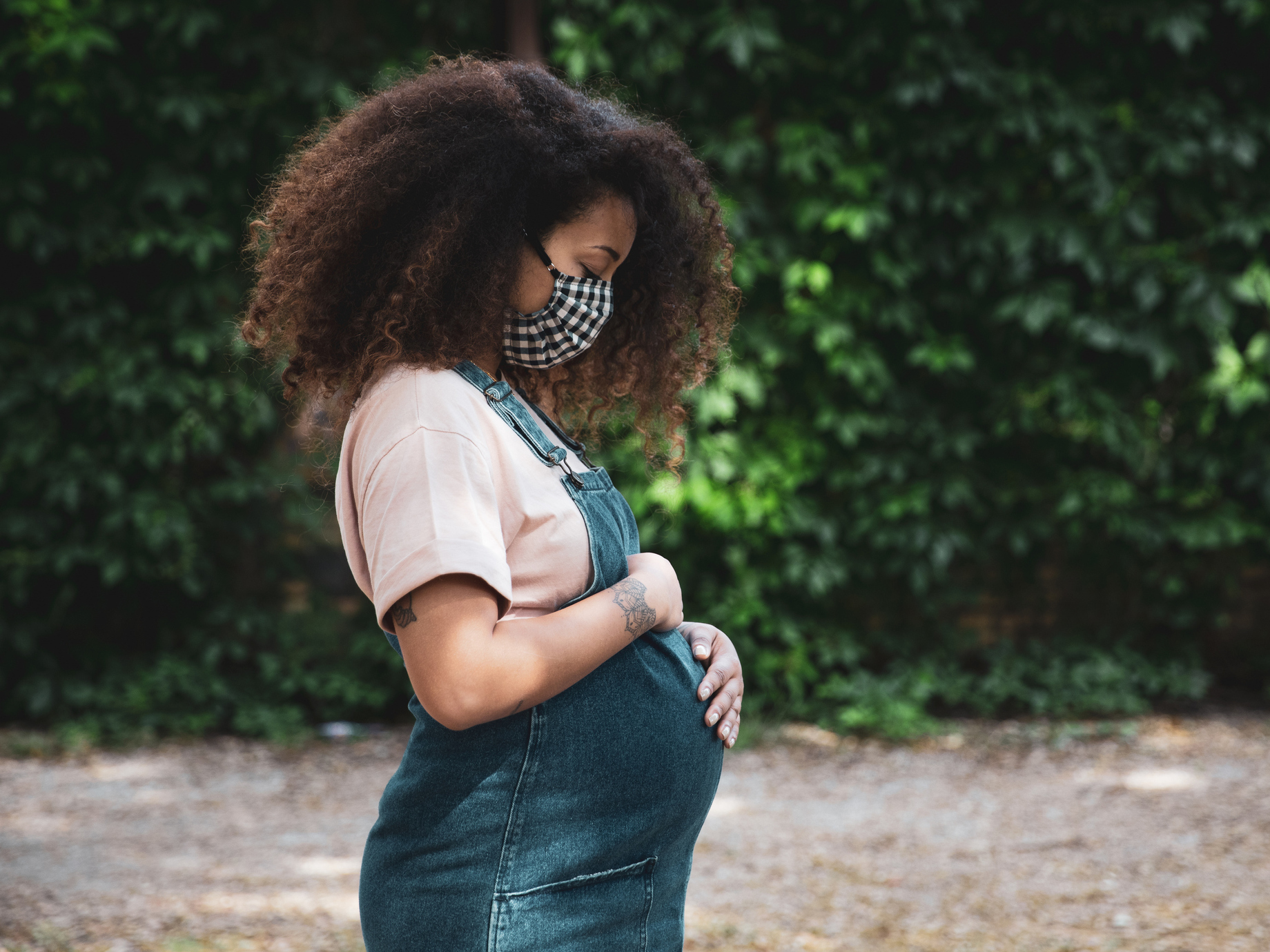

What are the risks to an unborn child if a woman contracts COVID-19 while pregnant, and how can doctors identify which pregnancies are at greater risk of adverse outcomes if a pregnant mother tests positive?
A new study of 388 pregnancies in 22 different countries – the largest study of pregnant mothers with COVID-19 published to date – provides some answers to these questions. The results are published in an article, “Risk factors associated with adverse fetal outcomes in pregnancies affected by Coronavirus,” in De Gruyter’s Journal of Perinatal Medicine.
In a previous study of this group of women, the researchers found that maternal mortality levels were relatively low but some women experienced serious illness, with approximately 11% requiring admission to an intensive care unit and 6.4% requiring intubation. This new study focused on their unborn children and the factors affecting their outcomes.
Adverse outcomes observed during the study included miscarriage, stillbirth or death within the first 28 days after birth. The rate of child mortality among the pregnancies was approximately 4%, mainly related to premature births. However, some trends emerged as risk factors for adverse outcomes.
“The incidence of poor fetal outcomes was significantly higher when COVID-19 infection occurred in the first 3 months of pregnancy,” said Dr. Cihat ?en, a researcher involved in the study. “This was also true for children with lower birth weight and when mothers were so ill that they required oxygen treatment.”
Strikingly, although all the women in the study had COVID-19, only one baby in the study tested positive for the disease and, thankfully, was asymptomatic, suggesting that transmission from mother to baby is very rare.
“These results could allow doctors to more appropriately tailor the treatment of pregnant women with COVID-19 by helping them to identify risk factors that could increase the chances of an adverse outcome,” said ?en.
The results of the current study suggest that minimizing the risk of infection during early pregnancy may be particularly important in decreasing the chances of an adverse outcome. Similarly, doctors should consider closely monitoring babies with low birth weight and those whose mothers required ventilation while pregnant as their risk of an adverse outcome appears to be higher.

